-
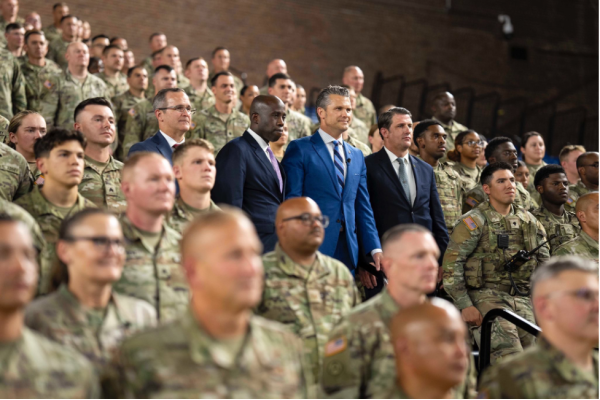
Pete Hegseth’s dangerous warrior fantasy
US Defence Secretary of War Pete Hegseth champions a “warrior ethos” that glorifies brute force, rigid conformity, and maximum lethality. By rejecting diversity, rules of engagement, and societal oversight, his vision risks undermining ethics, accountability, and public trust—raising urgent questions about the future and character of America’s military.
-
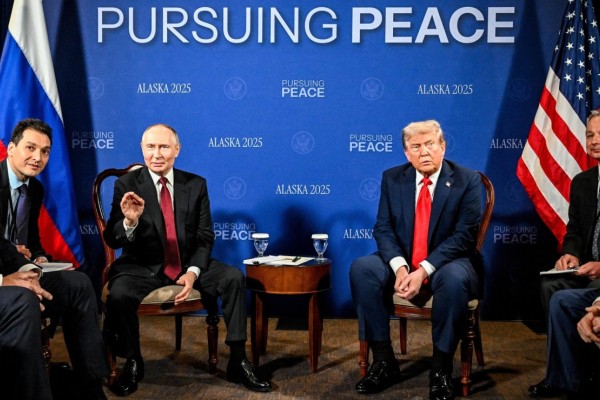
Squaring an impossible circle of peace and insecurity in Ukraine
Despite a flurry of diplomacy, peace in Ukraine remains elusive. Trump’s shift toward talks-before-ceasefire has deepened divisions with Zelensky and Europe, while Russia and Ukraine remain locked in irreconcilable demands. Each side’s security guarantees translate into insecurity for the other, leaving negotiations stalled and the war grinding on.
-
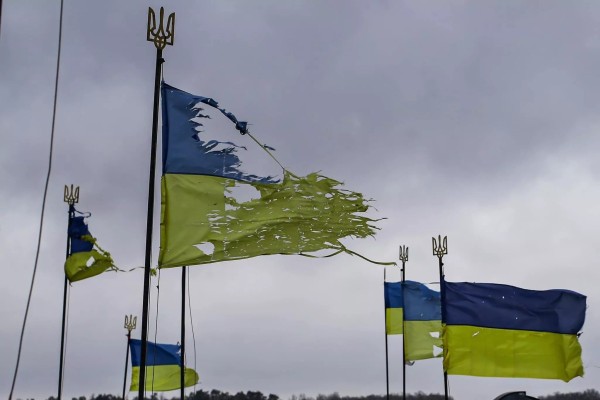
Why the Trump-Putin summit is unlikely to ‘ripen’ peace in Ukraine
The Trump-Putin summit in Alaska isn’t expected to bring peace to Ukraine, writes Paul Robinson. Russia feels it’s winning, Ukraine refuses to give up land, and US weapons support is winding down. With no clear plan either side can agree on, the gap remains wide, so while the talks may open dialogue, a real breakthrough looks unlikely.
-
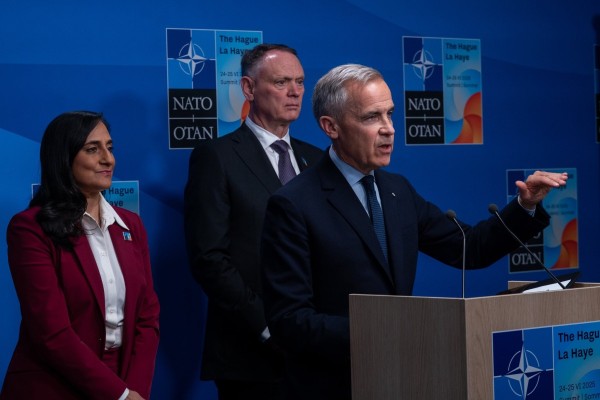
The empty case for Canada’s 5% defence pledge
The priorities of our political leaders can be very hard to understand. Western countries are suffering years of economic stagnation, deteriorating public services, and a host of other problems. Yet our governments have decided that what we need to do is spend more money on defence—and not just more money, but a lot more money than what we are spending at present.
-
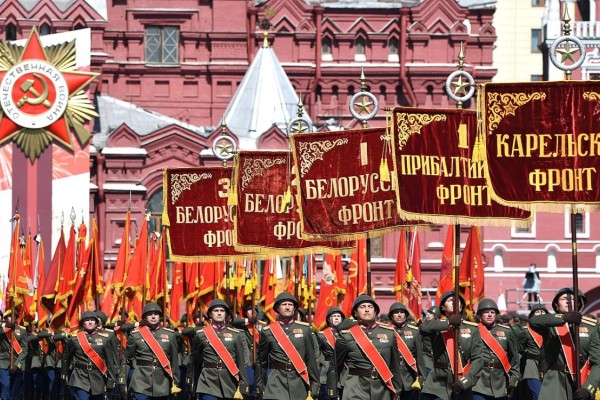
The use and abuse of Russia’s ‘Great Patriotic War’
The fact that the Russian state has instrumentalized Victory Day for its own political purposes, including justifying the war in Ukraine, begs an important question—why does this seem to be working? If the parallels the Kremlin draws between the Great Patriotic War and current events prove convincing to people, there must be a reason.
-
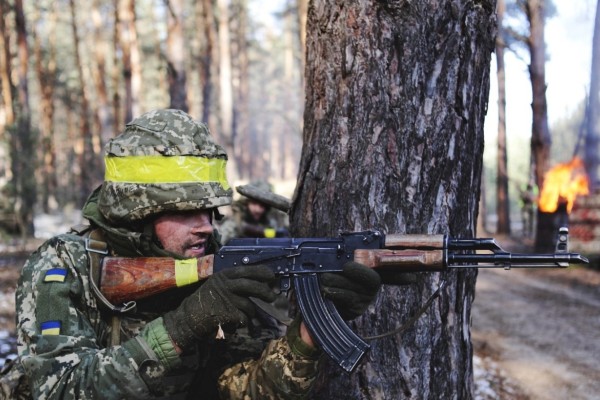
Can Trump’s Ukraine peace plan succeed?
By now renewing aid to Ukraine, it has thrown away its leverage for the smallest of concessions rather than trying to extract something more meaningful. The Americans may now find that they have locked themselves into supporting a proposal that it is thoroughly one-sided and incapable of producing the result they want, namely an end to the war.
-

Inching closer to an uneasy peace in Ukraine
The Trump peace plan goes some way towards squaring the circle by providing some guarantees to both sides, albeit far fewer than both would like. As such it is a reasonable compromise and a good starting point for further talks. There will be some hard diplomatic work ahead, but at least the long process of negotiation is finally about to start.
-

The foreign interference report’s great anticlimax
The conclusion that one can draw from this is that by helping discredit Canadian institutions, the false accusations and exaggerated claims that have been made about foreign interference appear to have done far more damage than the actual interference itself, whose impact was “limited,” “marginal” and “largely ineffective,” according to the Hogue report.
-
_600_400_90_s_c1.jpg)
Canada’s vassal status on full display with return of Trump
Following the Danish example and hoping that playing along will win us favours is unlikely to produce significant dividends. If Trump’s bluster and threats force Canadian leaders to realize this and to reconsider the nature of their relationship with our southern partner, in a perverse way he might even end up doing us some good.
-

What is the West’s end-goal in Ukraine?
Russia has now fired an experimental hypersonic medium-range ballistic missile at a Ukrainian industrial facility in the city of Dnipro. This raises questions about the West’s policy of incremental escalation in Ukraine, specifically what goals it is meant to achieve, whether those goals are actually achievable, and whether the cost of pursuing those goals may be so high as to render them unwise.



